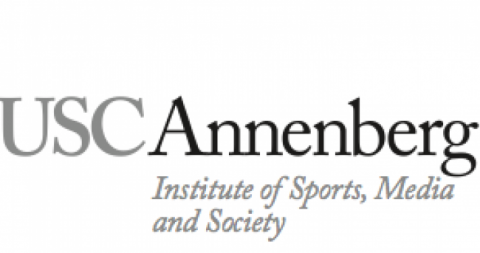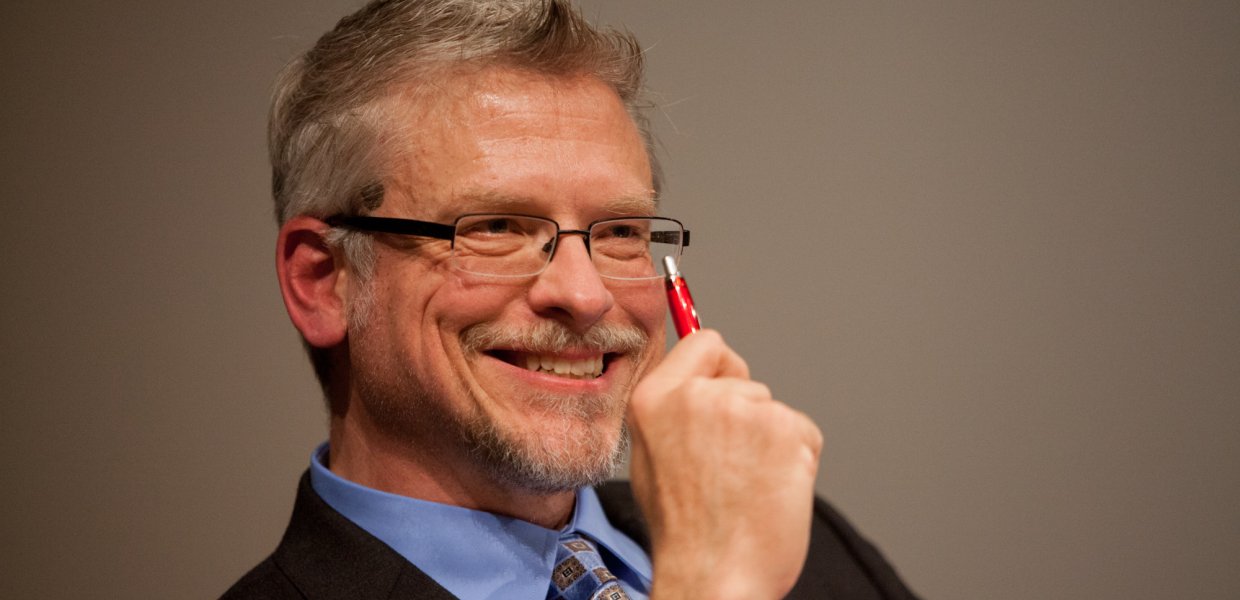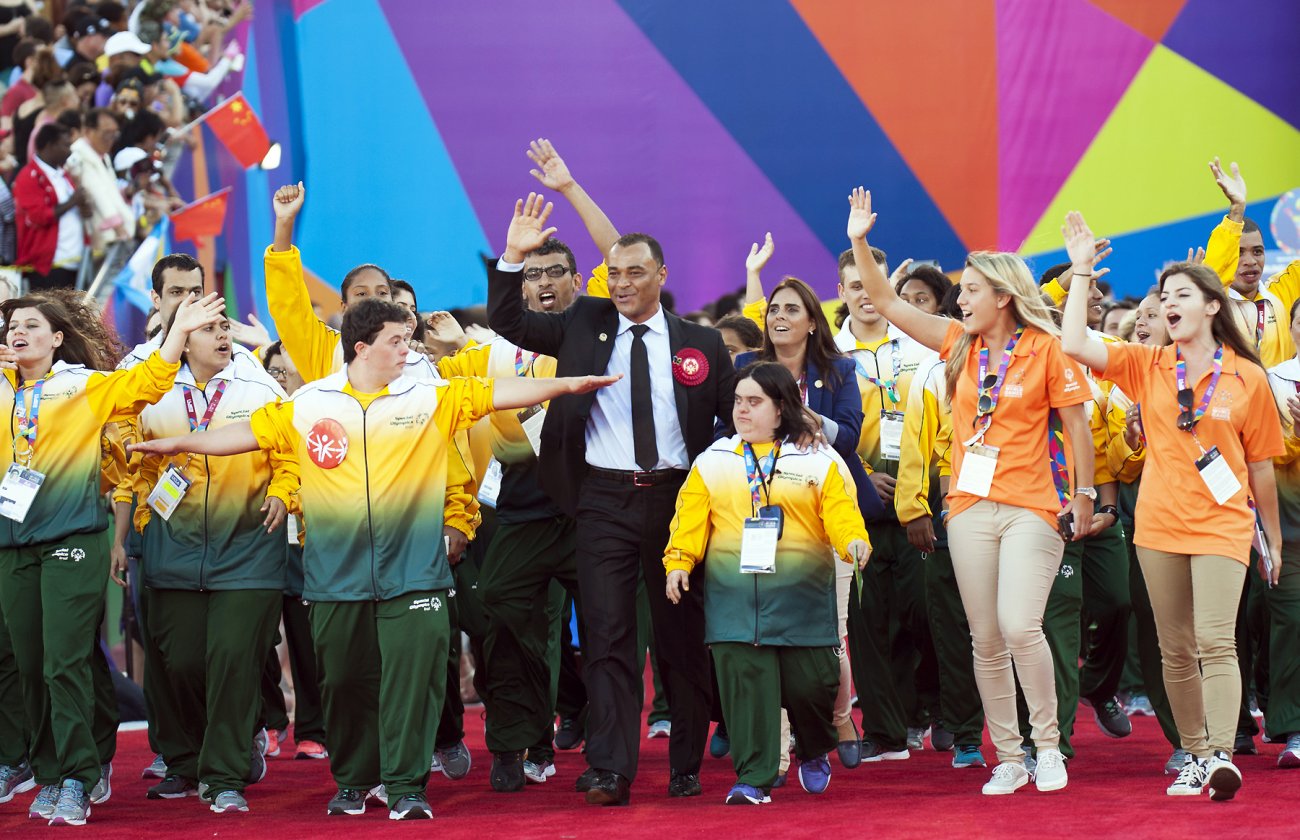By Kimiya Shokoohi
 The bursts of intrigue in the conversation surrounding ethics in sports have at times flown into the national narrative, gaining traction in popular culture, like something of a curve ball. To provoke thought and meaningful action, the USC Annenberg Institute of Sports, Media and Society is hosting a series of academic and professional experts Oct. 21-23. The symposium on sports ethics begins Tuesday afternoon.
The bursts of intrigue in the conversation surrounding ethics in sports have at times flown into the national narrative, gaining traction in popular culture, like something of a curve ball. To provoke thought and meaningful action, the USC Annenberg Institute of Sports, Media and Society is hosting a series of academic and professional experts Oct. 21-23. The symposium on sports ethics begins Tuesday afternoon.
For John Russell, the conversation began over 15 years ago. In the grass fields and baseball diamonds in and around Vancouver, Canada, the philosophy professor’s interest in the study of sports ethics took off at speeds greater than the success rate of his recreational softball career.
“We needed a lot of resilience, let’s put it that way,” Russell said of his former softball team composed of philosophers far more skilled in contributions to their post-game discussions than to their records at-bat.
“After the games, we would have these wonderful talks about what had happened,” Russell said, realizing then the prevalence the philosophy of law took in the practice of sport.Today, Russell bridges those connections as an instructor at Langara College on sports ethics.
Most recently, the national discourse on the morality of sports in society has come in the form of scandals and abuses in personal and professional capacities. For a handful of academics, the ethical questions raised through the parallels of sports and society have long been worth deciphering.

Daniel Durbin
“Yet, sports stories are littered with ethical problems, cheating, illegal drug use, violence against others, exploitation.” The symposium is scheduled to examine topics ranging from bioethics to resilience and adversity, ethics in sports media, and a moral critique of cage fighting — namely, the ethical dissonance in mixed martial arts. Nicholas Dixon, Alma College professor of sports philosophy and invited speaker at this week’s symposium, discourages using athletes as the source for all criticism. “It’s a calm, measured critique of practices … the spectators as much as the participants,” Dixon said.
For Dixon, who has been exploring all aspects and actors involved in cage fighting, the moral question begs to sway fighters and fans away from the sport voluntarily rather than pushing for a hardline approach. The aim, he said, is not to ban the sport altogether but to encourage ethically acute decision-making. “It is very morally problematic to engage in an activity where the explicit goal is for two people to injure each other,” he said. USC visiting professor, Sigmund Loland from the Norwegian School of Sports Sciences, adds modern sports are a reflection of our tenancies as a society at-large. Yet Loland is skeptical of certain roles sports have come to play in modern society. “It’s a common misunderstanding to attribute elite sport to a kind of moral ideal – that elite sport athletes should be the heroes of society,” Loland said. Then there is the science of sport. The emerging concerns around bioethics.
Professor Miller Brown from Trinity College is scheduled to speak on a relatively new wave of concerns surrounding performance enhancement. Brown and researchers in the field of bioethics are taking a look at the dangers and possibilities of genetic manipulation. “If you can do it for the treatment of diseases then you can do similar kinds of things for the enhancement of human capacities,” Brown said. Brown’s presentation this week on bioethics and the future of sports aims to explore and raise questions around the values and dangers of these developing technologies. He predicts students will be seeing its effects come to fruition within their lifetime. “Journalists are going to have to make some major efforts to understand the technologies to give reasoned assessments of what being done to protect people from their use,” said Brown, who is not necessarily an opponent of the technological advancements but rather its dangers. A panel of experts on ethics in sport media, including Lindsay Rhodes from the NFL Network, Ed Goren from Fox Sports and former NFL quarterback Rodney Peete, are also slated to participate in the symposium.
“I’m extremely thankful to USC for putting on this symposium,” Russell said. “People will hear a number of thoughtful and provoking talks.”
“If they come to the symposium they will hear issues that they’ve undoubtedly thought about,” he said. “They will hear them discussed at a deeper level than they’re familiar with.”
RSVP for the symposium here. The event listings can be found here.



